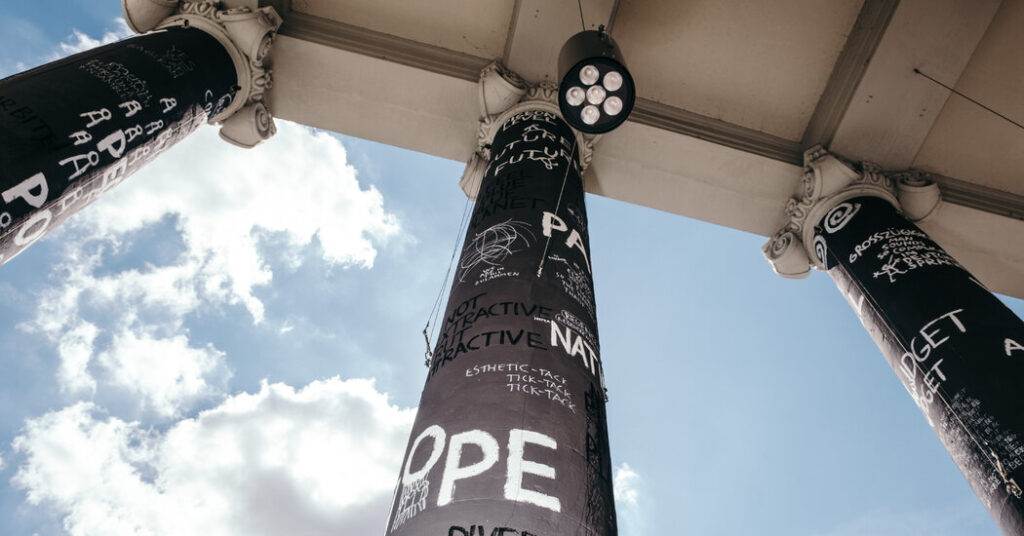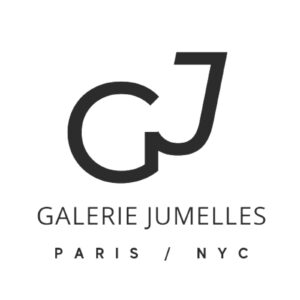This was therefore less an exhibition than what my colleague Siddhartha Mitter, reviewing the show in June, adeptly called “a whole vibe.” Vibing was its aim, and its downfall too. Documenta 15, by design, militated against its own viewing — “the viewer is obsolete,” you can read in the catalog — because the real work of the show was not the stuff on the walls but the hanging out around it. In other words, the actual content and form of these Palestinian agitational movies from the 1970s and 1980s mattered less than the new collective group that brought them here, and the other artists who came together to vibe with them. Collectivity was treated as an end in itself: We were here, as ruangrupa exhorted us, to “Make friends, not art!”
Well, that sounds fun. But what if your friends’ art sucks? This “controversial” Documenta was — to speak of what visitors actually saw in Kassel — the safest and most boring of this century, as evidenced by the almost nonexistent discussion around any of the art on view. Beyond the archival propaganda, it was bloated with show-and-tell displays of workshops you were not invited to, jejune videos that would barely merit a pass in an art school degree presentation, and countless posters and banners worthy of a teenager’s bedroom wall (“This Is My Voice, Listen”), or an N.G.O. training seminar (“Our goal is to respect and honor everyone’s humanity in the space like using people’s chosen pronoun”). Yet for a growing faction in the domain of culture, to complain about the pathetically low standard of the art on view is irrelevant at best, oppressive at worst. Artists matter, not art. Sharing is caring. Pass the beer.
It’s all been a dreadful embarrassment, but why should anyone outside Germany be concerned? Because Documenta was always a pacesetter — and this year’s edition certainly put its finger on a larger shift, seen too in our museums, our art schools and our magazines, away from aesthetic ambition and intellectual seriousness and toward the easier comforts of togetherness, advocacy and fun. If your friends’ art sucks, that’s actually no big deal — because being together matters more than doing something well. And if the German press say your friends’ art sucks, that’s OK, too — reassuring, actually, as evidence that this rotten colonizers’ world has no place for us.
If the “museum of 100 days,” as Documenta is known, returns in 2027, it will likely be with a return-to-order edition, more “conservative” or “market-friendly” than this one. I doubt Documenta will command the respect and the pre-eminence it did before this year, though, and it’ll never recover its aim of imagining the whole world in one show. The dream of a global art world has died, and I fear a lot of people, reactionary and radical alike, prefer it that way. The incomprehension and anger this show has elicited are the proof they always wanted that we have no common future.
But the postcolonial world, to quote a man more serious than most participants at Documenta 15, is not “a vulgar state of endless contestations and anomie, chaos and unsustainability.” The postcolonial world is “a world of proximities,” and the job of an exhibition is to make those encounters productive, meaningful, edifying, beautiful. In art, at least at its best, “the tensions that govern all ethical relationships between citizen and subject converge.”
This content was originally published here.



